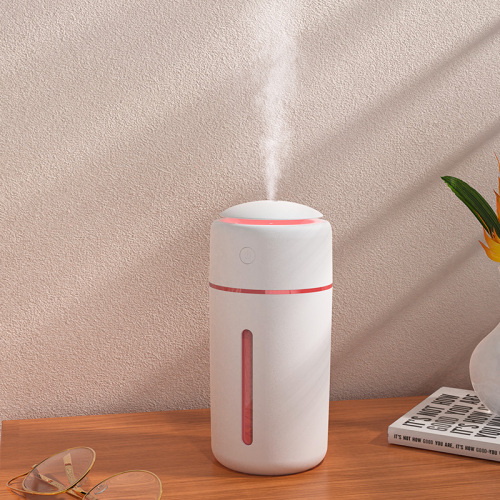Humidifiers are devices designed to increase the humidity levels in indoor environments by emitting water vapor or steam. They play a crucial role in maintaining optimal humidity levels, which have various benefits for health, comfort, and the preservation of belongings. 
Prevention of Dry Skin and Irritation
One of the primary functions of humidifiers is to combat dry air, which can lead to dry skin, itching, and irritation. By adding moisture to the air, humidifiers help keep the skin hydrated and supple, reducing the likelihood of dryness and discomfort, especially during dry winter months or in arid climates.
Relief from Respiratory Symptoms
Humidifiers can alleviate respiratory symptoms associated with dry air, such as coughing, congestion, and throat irritation. Moist air soothes the respiratory tract, making it easier to breathe and reducing irritation in the nose and throat. This can be particularly beneficial for individuals with allergies, asthma, or respiratory infections.
Prevention of Dry Eyes and Sinus Issues
Dry air can also cause dryness and discomfort in the eyes and sinuses. Humidifiers help maintain moisture levels in the air, reducing the risk of dry eyes, eye strain, and sinus congestion. This is especially beneficial for individuals who spend extended periods indoors or in environments with low humidity.
Improved Sleep Quality
Proper humidity levels contribute to better sleep quality by creating a more comfortable sleeping environment. Dry air can lead to snoring, throat irritation, and nasal congestion, which can disrupt sleep. Using a humidifier in the bedroom can alleviate these issues, promoting restful sleep and reducing nighttime awakenings.
Protection of Wooden Furniture and Flooring
Low humidity levels can cause wood to dry out and crack, leading to damage to furniture, flooring, and musical instruments. Humidifiers help maintain moisture in the air, preventing excessive drying and preserving the integrity of wooden surfaces and instruments.
Reduction of Static Electricity
Dry air tends to increase static electricity, leading to static shocks and clingy clothing. Humidifiers mitigate this effect by adding moisture to the air, reducing static buildup and minimizing static-related discomfort.
Enhanced Comfort in Heating Seasons
During the winter months when indoor heating systems are in use, humidity levels often drop, resulting in dry indoor air. Humidifiers help counteract the drying effects of heating systems, creating a more comfortable and balanced indoor environment.
Protection of Indoor Plants
Many indoor plants thrive in environments with adequate humidity levels. Humidifiers help maintain optimal conditions for plant growth by providing the moisture they need to thrive. This is especially important in climates with dry air or during periods of low humidity.
Alleviation of Snoring
Dry air can exacerbate snoring by drying out the nasal passages and throat, leading to congestion and vibration of tissues during sleep. By humidifying the air, humidifiers can reduce snoring frequency and intensity, leading to quieter and more restful sleep for both snorers and their partners.
Support for Respiratory Health
In addition to relieving symptoms, maintaining proper humidity levels with a humidifier can support overall respiratory health. Adequate moisture in the air helps keep the mucous membranes in the respiratory tract moist and functional, facilitating the removal of mucus and reducing the risk of respiratory infections.
In summary, humidifiers play a vital role in maintaining optimal humidity levels in indoor environments, offering a range of benefits including relief from dry skin and respiratory symptoms, improved sleep quality, protection of belongings, reduction of static electricity, enhanced comfort in heating seasons, support for indoor plants, alleviation of snoring, and overall support for respiratory health. Incorporating a humidifier into indoor spaces can contribute to a healthier, more comfortable, and more pleasant living environment.







